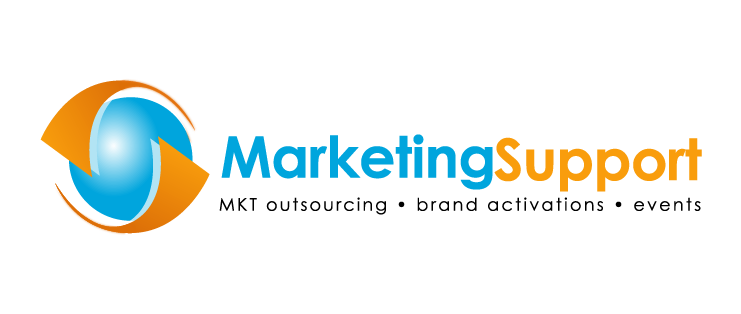Modern businesses use software to enhance production, automate operations, and interact with customers. It is flexible globally, social and global and is focused on customer satisfaction and sustainability. Innovation drives this type of business, and collaboration fuels it.
Modern business software ranges from accounting software for home use to office suites, ecommerce platforms, and project management tools. Advanced analytics, for instance can allow an online store to observe consumer behavior and provide personalized recommendations. This can give the business an advantage in competition.
In the early days of computer technology, numerous businesses developed their own in-house systems. To avoid errors and cut costs they designed their own systems. As technology improved it became more affordable to purchase commercial off-the-shelf (COBOL) software and install them on individual desktop computers or servers. This allowed businesses to increase their productivity and improve the accuracy of data.
Using commercial software programs can save businesses money, time and resources. Computer programs can also provide a higher level of security and adhere to industry norms. This can help prevent legal issues and protect sensitive data from cyber-attacks and breaches. The software must also be scalable in order that it can grow along with the business. It should, for example, have features such as data encryption and multifactor authentication as well as be compliant with industry standards and best practices.

